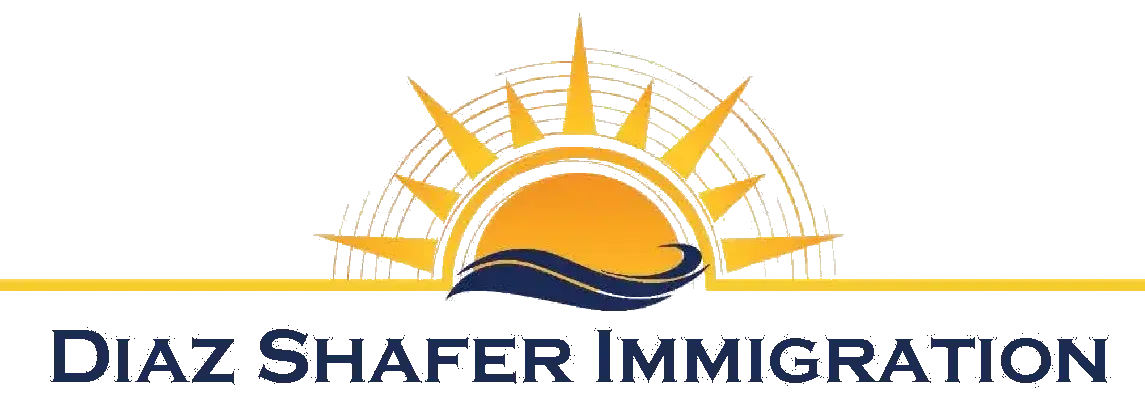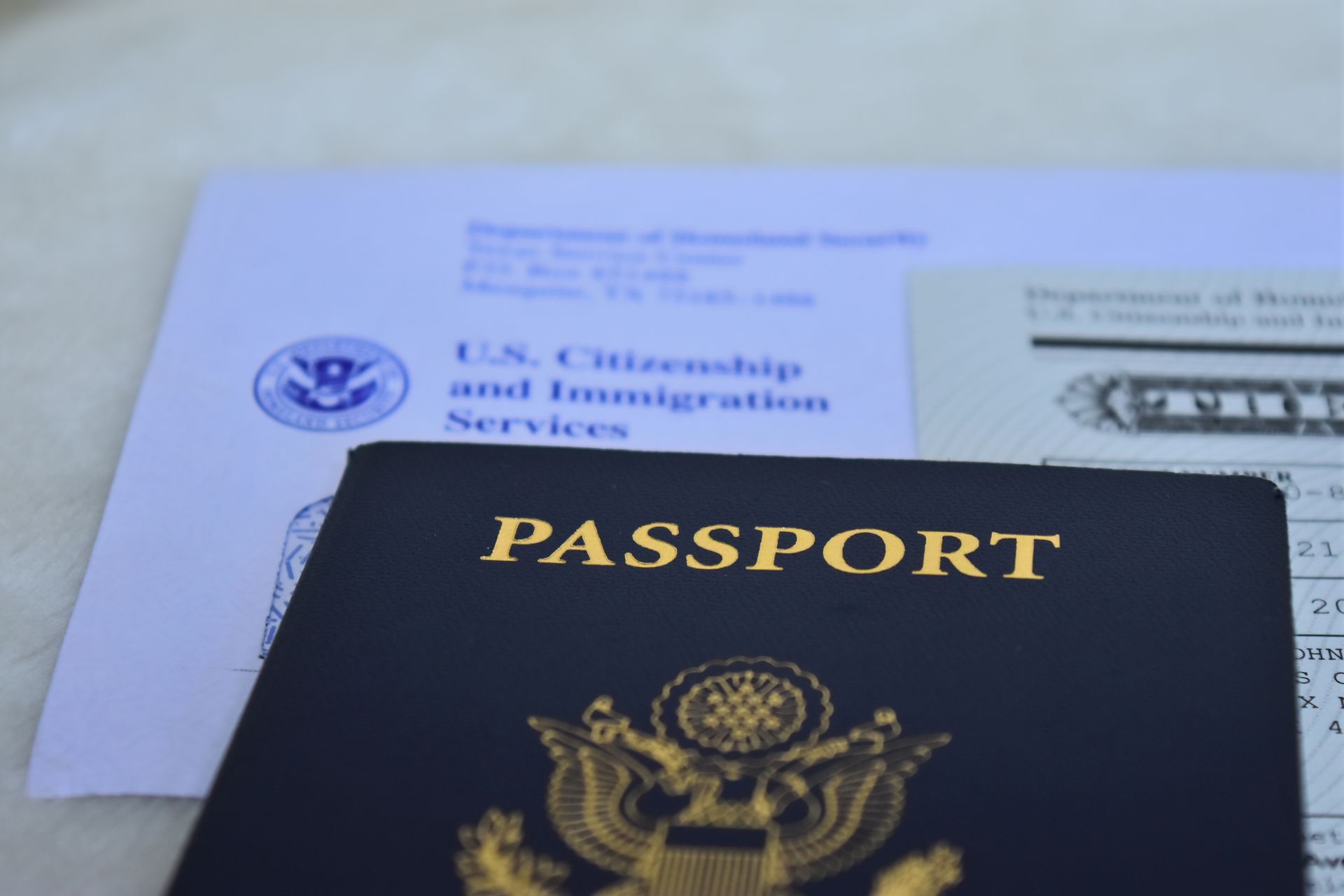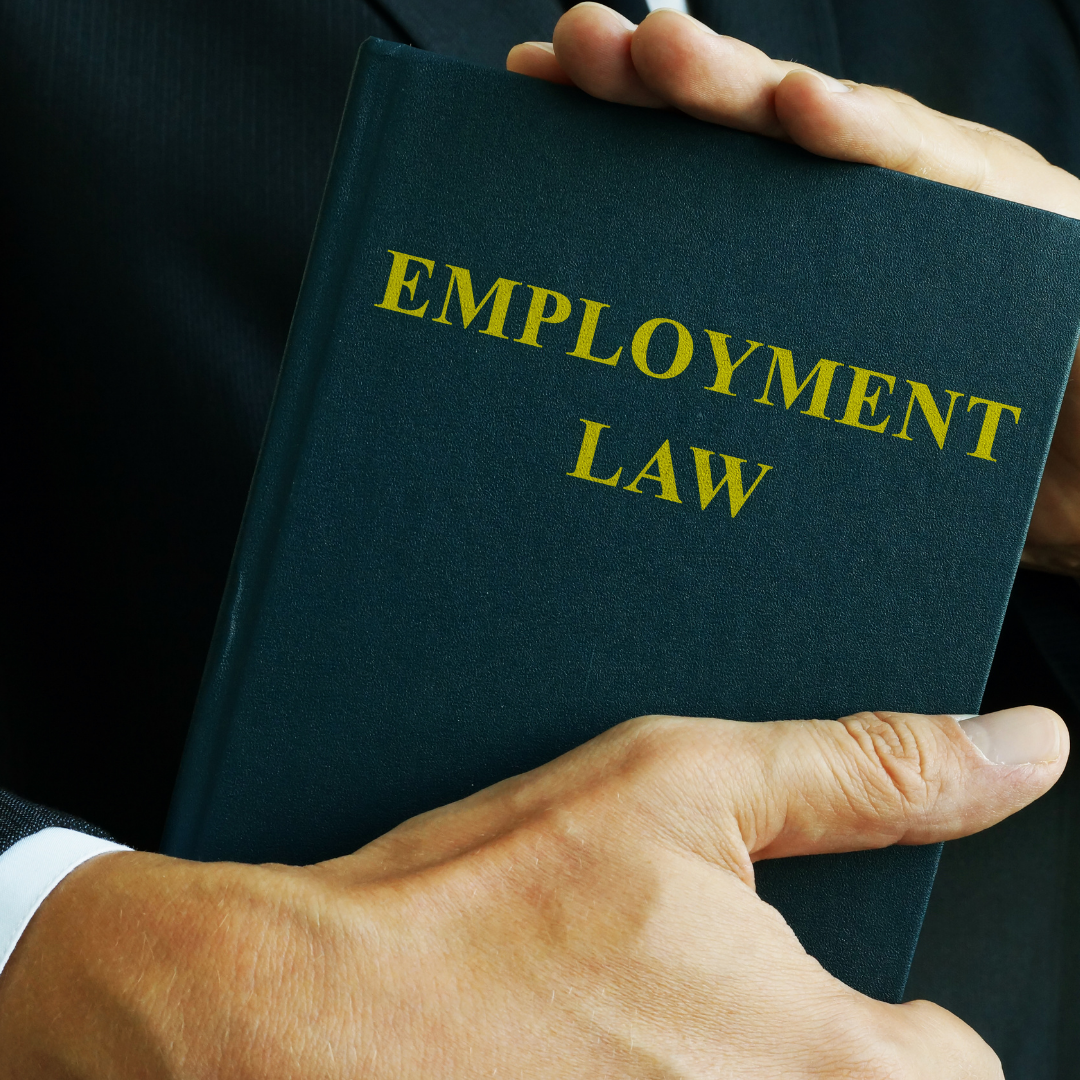USCIS Updates Policy Guidance for International Students
U.S. Citizenship and Immigration Services (USCIS) is issuing policy guidance regarding the F and M student nonimmigrant classifications, including the agency’s role in adjudicating applications for employment authorization, change of status, extension of stay, and reinstatement of status for these students and their dependents in the United States.
This guidance consolidates existing policy. USCIS expects that this will provide welcome clarity to international students and U.S. educational institutions on a wealth of topics, including eligibility requirements, school transfers, practical training, and on- and off-campus employment.
For example, the guidance clarifies that F and M students must have a foreign residence that they do not intend to abandon, but that such students may be the beneficiary of a permanent labor certification application or immigrant visa petition and may still be able to demonstrate their intention to depart after a temporary period of stay.
In addition, the guidance specifies how F students seeking an extension of optional practical training (OPT) based on their degree in a science, technology, engineering, and mathematics (STEM) field may be employed by startup companies, as long as the employer adheres to the training plan requirements, remains in good standing with E-Verify, and provides compensation commensurate to that provided to similarly situated U.S. workers, among other requirements.
The nonimmigrant academic student (F-1) classification allows a noncitizen to enter the United States as a full-time student at a college, university, seminary, conservatory, academic high school, elementary school, or other academic institution, or in a language training program. The nonimmigrant vocational student (M-1) classification includes students in established vocational or other recognized nonacademic programs, other than language training programs.
For more information about the USCIS guidance, see the Policy Alert (PDF, 312.06 KB) and Volume 2, Part F of the Policy Manual. For more information about the role of U.S. Immigration and Customs Enforcement (ICE) in administering these nonimmigrant student programs, see the Student and Exchange Visitor Program (SEVIS).













